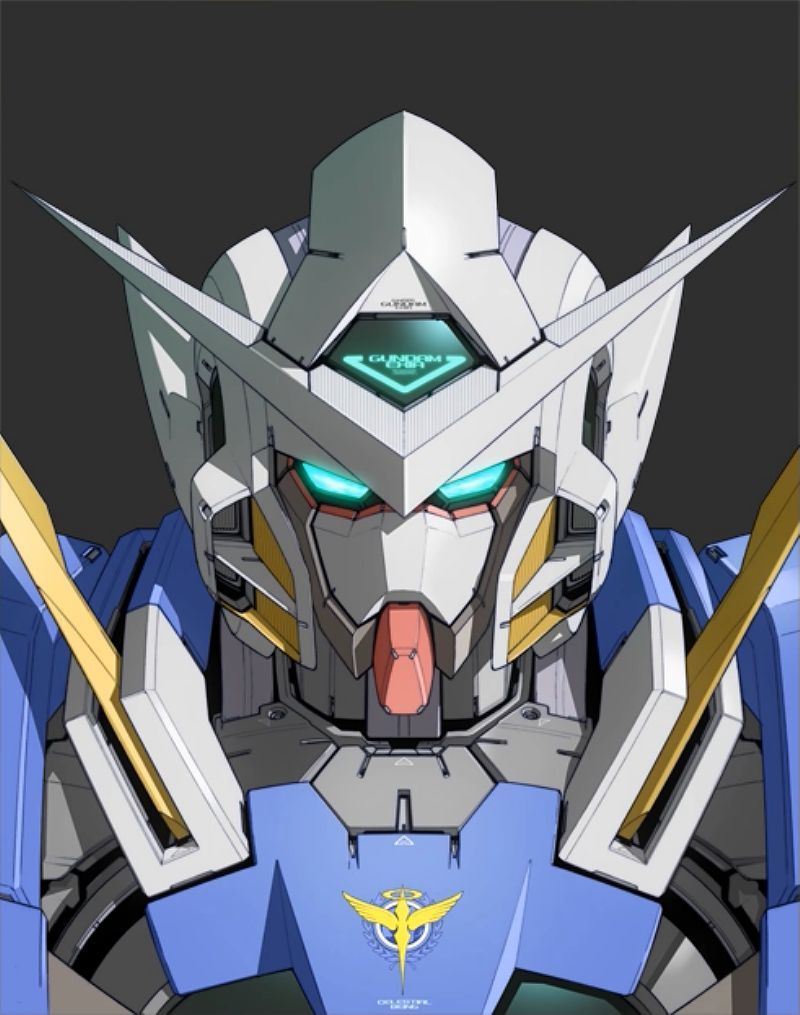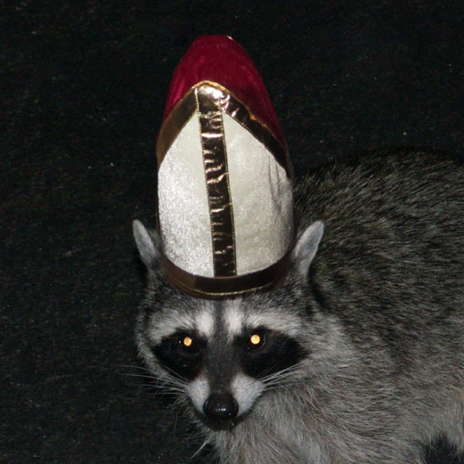She felt Kirk’s actions were out of character, considering how quickly he went to the nuclear option of trying to incapacitate/potentially kill The Companion before trying to communicate and resolve the issue. I felt that his actions could be justified given that he had someone under his authority dying. I was more bothered by Cochrane’s attitude towards The Companion after finding out she was in love with him. My guy, she’s kept you alive for 150+ years and communicates via mind meld. How the hell did you not know she loved you? Is this how blind all men are to affection? I can’t say I haven’t been just as ignorant about it, but I haven’t been joining my consciousness with theirs for over a century and a half.
My wife and I have been watching TOS for the first time recently. Never seen any trek before. We’re almost at the end of season 3. There are a lot of points that we’ve just had to chalk up to the 60s were just still kinda gross on TV, despite Star Trek being a more progressive show for the period.
I’ve watched through TOS a few times now, this is my first time watching with someone else and this just stuck out to me. What really bothered me is how Cochrane didn’t accept The Companion until she had joined with the dying ambassador and had a traditional female body. Feels like a plot line that Strange New Worlds would be able to adapt more effectively. There are very few TOS episodes that I think suffer from “product of its time syndrome”, and I think that low percentage is kinda miraculous. Are there any episodes that have stuck out to you and your wife so far? Favorites? Disliked?
We thought it was interesting how the costume design clearly took a major leap in season 3, despite trying to figure out something different with Scotty’s hair each episode and getting it wrong each time and eventually settling back on basically what he has before.
We hate Mudd and both episodes he’s in because of it. Sorry we’ve been binging so I’m not remembering titles. The gorgon(?) fight episode and the Ok corral episode come to mind. Both had excellently done yet wonderfully cheesy set design.
We love the cheesy sci-fi of the series as a whole.Bones is both of our favorite characters he cracks me up.
It’s funny that you say you dislike Mudd because I love him for the stereotype that he is and how he’s constantly getting foiled for it. The end of his second episode, where he’s trapped with copies of his wife, is so fitting.
Bones is a vital part of the trifecta that is Bones, Kirk, and Spock. Personally, I’m a Spock guy. I relate to him the most.
The camp and cheese are major reasons for why I love TOS over the rest of the Star Trek universe. Same with the original animated series. Nothing else seems to scratch that itch, although, Strange New Worlds comes close.
See with Mudd it’s obvious that’s what they were trying to do, but it still is gross about how it does it along the way. The nagging wife trope being his punishment is fitting but also not the nicest portrayal of women. Again, product of the time that occasionally it feels a little weird.
That S1 episode with the kids that die when they hit puberty? I don’t care that they’re “technically” like 150 or something, Kirk was leading on a Teenager and it felt kinda gross. No one should play by loli rules. Good episode aside from that though.
A Piece of the Action was fun. Tomorrow is Yesterday and Balance of Terror are both good. Idk if I have a favorite episode or not. I do think Season 1 had the best writing, and it’s almost like bit by bit they traded writing quality for budget or set/costume consistency. For example: in Day of the Dove, the Klingon constumes have an intricate and very well done chainmail aspect to them that is a very cool addition. Something the early seasons cheap out on unless the weekly hot lady is wearing it. And while Day of the Dove was good, Season 3 has been a little harder to get through because we tend to watch late and this season the episodes keep putting me to sleep lol
My wife did say later that she changed her mind and Spock is her favorite after we watched the Methuselah episode last night and Spock made Kirk forget Rayna at the end.
We’re very excited for TAS next, we’re both into animation. We’re planning on watching it all in release order unless there’s something we should change in that?
I guess it’s worth mentioning that Star Trek has always been a product of its time, and also pretty weird about it. For example, consider two episodes of The Next Generation…
On one hand there’s “The Outcast,” about a planet of genderless people who lobotomize those born with the “aberration” of wanting to identify as a particular gender. Riker falls in love with one of them, who secretly identifies as a woman, and the whole thing turns into a Prime Directive nightmare (while also being an allegory for gay rights).
On the other hand there’s “The Host,” the first episode with the trill. Crusher falls in love with a (male) trill ambassador and eventually learns about the symbiotes. The original host dies, and the symbiote is transferred into a trill woman. It ends with Crusher giving a pretty bizarre monologue: “Perhaps it is a human failing, but we are not accustomed to these kinds of changes. I can’t keep up. How long will you have this host? What would the next one be? I can’t live with that kind of uncertainty. Perhaps, someday, our ability to love won’t be so limited.”
Not to imply that Crusher must be bisexual, but come on, just say it. Don’t turn her heterosexuality into quasi-philosophical rambling.
Getting back to the question of Cochrane and the Companion, I can basically give Cochrane’s obliviousness a pass. The Companion was a strange ethereal life form, and one can imagine that the mind meld would still be full of ambiguity. Maybe the better question is, why did the Companion have a human screenwriter’s understanding of love, when it was an immortal glitter bomb?
Anyway, probably the biggest rug the plot gets swept under is that the Companion apparently kills the ambassador in order to have a human body with which to make Cochrane fall in love. Now there’s a dark ending that isn’t dwelt upon.
It could be argued that the Companion’s nature/understanding evolved after the first mind meld with Cochrane to save his life, possibly introducing it to the concept of emotion at that point. To the point on the Ambassador, the Companion/Ambassador does keep referring to themselves as we, even though it’s clearly the Companion in the driver’s seat. I’m not as familiar with Next Generation, oddly enough, but should definitely check those episodes out.
I can’t imagine the ambassador would really be cool about staying on that little planet, alone with Cochrane, for the rest of “their” “lives.” But this is another product of its time issue: The reason they’ll be stuck alone is because Cochrane doesn’t wanna be bothered by an onslaught of Federation historians and Starfleet fanboys. The ambassador, if she’s still there at all, just gets to go along with what the man wants—it’s never brought up whether she can be asked what she wants.
So I guess overall I don’t think “Metamorphosis” is a very good episode. It’s in a cerebral, what’s-going-on sort of style, but then what’s the point of what’s going on? I read one time that theme isn’t a word, it’s a sentence: a story can’t be “about ambition” (for example), but rather, it has to be about how ambition can isolate you from those around you, or how ambition can make you lose touch with yourself, or how ambition will throw you into a world full of sharks.
I can’t nail down what “Metamorphosis” is about, thematically. What were the writers trying to tell us? And maybe this is an unfair question, since a television show has to crank out some number of episodes, and a writing team doesn’t have time to coherently unify plot, theme, and character every single week. Maybe we should just look at the Companion as a monster of the week, but it’s a monstrous kind of love, and there was a mad scramble to tie a bow over the conflict.
Wow, I’ve never heard that bit about theme being a sentence. Thanks for sharing that, I really appreciate the thought process behind it.
I agree that the episode wasn’t paced properly to give every angle a chance to breathe. The Ambassador essentially just exists as set dressing/a prop to drive the story they were trying to tell with Cochrane and the Companion. I think that Metamorphosis is an episode that deserves the Star Trek continues treatment, similar to how Who Mourns for Adonais is continued in the episode I linked. There are a lot of open threads that could be used to tie the story up and give it some more impact and evolve/clarify the theme.



